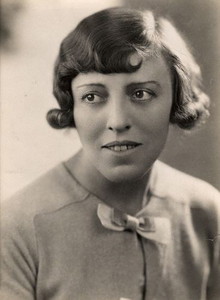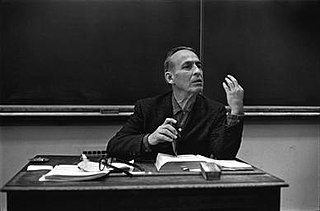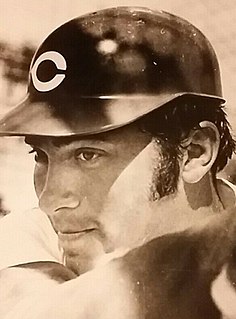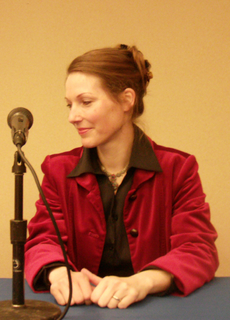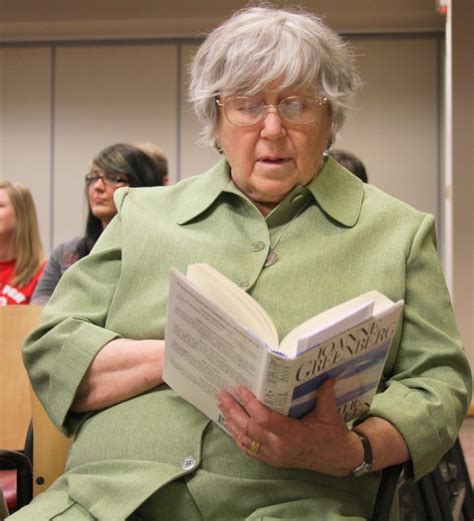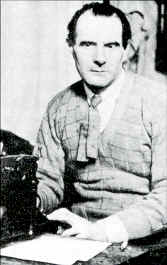A Quote by Dodie Smith
I wanted to know more about the young ... strange that though they laughed so loud, they so seldom smiled. Perhaps laughter was involuntary whereas smiling was part of an attitude to life.
Related Quotes
The men loved jokes, though they had heard each one before. Jack's manner was persuasive; few of them had seen the old stories so well delivered. Jack himeself laughed a little, but he was able to see the effect his performance had on his audience. The noise of their laughter roared like the sea in his ears. He wanted it louder and louder; he wanted them to drown out the war with their laughter. If the could should loud enough, they might bring the world back to its senses; they might laugh loud enough to raise the dead.
Has the gift of laughter been withdrawn from me? I protest that I do still, at the age of forty-seven, laugh often and loud and long. But not, I believe, so long and loud and often as in my less smiling youth. And I am proud, nowadays, of laughing, and grateful to any one who makes me laugh. That is a bad sign. I no longer take laughter as a matter of course.
Poor dog! I've a strange feeling about the dumb things as if they wanted to speak, and it was a trouble to 'em because they couldn't. I can't help being sorry for the dogs always, though perhaps there's no need. But they may well have more in them than they know how to make us understand, for we can't say half what we feel, with all our words.
But I smiled, and smiling was easy, no matter how strange and disorienting the street seemed to be. I was a fugitive. I was a wanted man, a hunted man, with a price on my head. And I was still one step ahead of them. I was free. Every day, when you're on the run, is the whole of your life. Every free minute is a short story with a happy ending.
We laughed and laughed, together and separately, out loud and silently, we were determined to ignore whatever needed to be ignored, to build a new world from nothing if nothing in our world could be salvaged, it was one of the best days of my life, a day during which I lived my life and didn't think about my life at all.
Laughter. Yes, laughter is the Zen attitude towards death and towards life too, because life and death are not separate. Whatsoever is your attitude towards life will be your attitude towards death, because death comes as the ultimate flowering of life. Life exists for death. Life exists through death. Without death there will be no life at all. Death is not the end but the culmination, the crescendo. Death is not the enemy it is the friend. It makes life possible.
There are too many false things in the world, and I don't want to be a part of them. If you say what you think, you're called cocky or conceited. But if you have an objective in life, you shouldn't be afraid to stand up and say it. In the second grade, they asked us what we wanted to be. I said I wanted to be a ball player and they laughed. In the eighth grade, they asked the same question, and I said a ball player and they laughed a little more. By the eleventh grade, no one was laughing.
She laughed out loud, a warm, knowing laughter that made me once again wonder about the secret ingredient in these women’s lives. Whatever it was, I was clearly missing it. It was so much more than just self-confidence; it seemed to be the ability to love oneself, enthusiastically and unsparingly, body and soul, naturally followed by the assumption that every man on the planet is dying to get in on the act.
Lady Placida smiled. “History seldom takes note of serendipity when it records events. And from what I have heard, I suspect an argument could be made that you very much did earn the title.” “Many women have earned titles, Your Grace. It doesn't seem to have been a factor in whether or not they actually received them.” Lady Placida laughed. “True enough. But perhaps that is beginning to change.” She offered her hands. “It is a distinct pleasure to meet you, Steadholder.
There is laughter that goes so far as to lose all touch with its motive, and to exist only, grossly, in itself. This is laughter at its best. A man to whom such laughter has often been granted may happen to die in a work-house. No matter. I will not admit that he has failed in life. Another man, who has never laughed thus, may be buried in Westminster Abbey, leaving more than a million pounds overhead. What then? I regard him as a failure.
I'm sorry I'm young," Deborah answered with a bitterness that was half prose. "We have a right to be as crazy as anyone else." The second part was more a plea, and to her surprise the superbly inhuman fighter smiled softly and said, "Yes ... I suppose that's true, though I never thought of it in those terms before.
But in that moment when my brother took the field, all that washed away, and everyone was proud... I looked up at my dad, and he was smiling. I looked at my mom, and she was smiling even though she was nervous about my brother getting hurt, which was strange because it was a VCR tape of an old game, and she knew he didn't get hurt.
